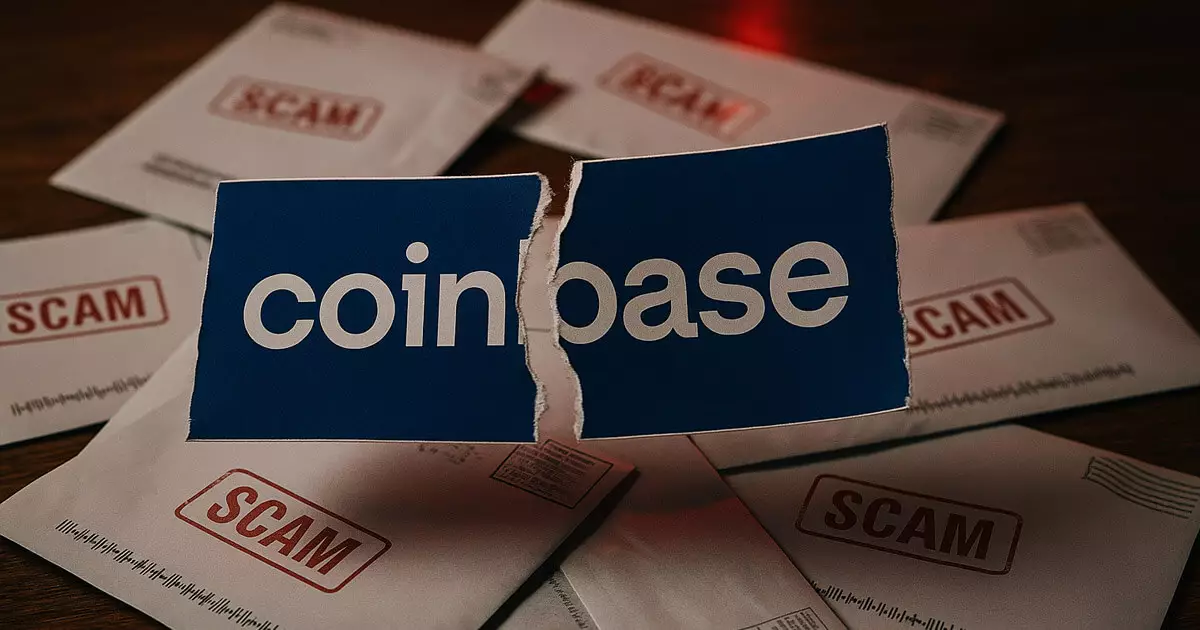The recent data breach at Coinbase has unearthed a catastrophic reality in the world of digital transactions. With over 69,000 users’ personal information exposed, we find ourselves navigating a murky landscape riddled with phishing schemes and impersonation scams. The most alarming revelation? Victims are now receiving fraudulent physical letters in the mail—an unprecedented twist in the ongoing narrative of cybercrime. This situation exemplifies that even in a digitized world, criminals can adapt and exploit vulnerabilities in the most conventional ways.
A New Era of Scams
As reported by The Block’s founder Mike Dudas, the scam letters mimicked legitimate services like IDX to perpetrate identity theft in an audacious blend of digital and traditional fraud methods. The inherent trust in physical correspondence offers the perpetrators an added layer of credibility. Traditionally, we focus on securing our online interactions, but this incident serves as a vivid reminder that cybercriminals can extend their reach to our doorstep. The shift from digital phishing to physical scams is a wakeup call for everyone.
Exploiting the Vulnerable
The unfortunate fallout from the breach not only signifies a breach of data but also a breach of trust. Coinbase, while assuring users that funds and passwords remain intact, overlooks the human element: the users’ psychological wellbeing. Once individuals learn their private information is compromised, they are left vulnerable not just to identity fraud, but also to anxiety and fear of future ramifications. While cryptocurrency has long been associated with innovation, this breach reveals that we are too often left exposed and unprotected in the face of nefarious activities that thrive on our personal information.
Companies Must Step Up
It’s troubling that Coinbase has yet to issue a solid statement addressing the fraudulent letters. Instead, users are left to navigate this chaotic aftermath largely on their own. Enhancing security measures is commendable, but merely offering credit monitoring services or a monetary reward for apprehending the attackers falls short. Firms must engage in proactive communication with their users during crises like this to restore trust and equip them with actionable guidance.
A Call for Ethical Responsibility
Widespread breaches raise important questions about corporate responsibility. Companies in the crypto space must prioritize the protection of their users, not just financially but ethically. Transparency in operations, especially when dealing with our most sensitive information, is non-negotiable. Unsurprisingly, the breach was linked to corrupt practices involving bribed overseas contractors. This highlights a systemic issue within organizations to oversee their data handling—one that can’t continue if we want to see a secure digital future.
In a world where the line between physical and digital scams blurs, the time for action is now. The stakes are higher than ever, and it is essential that both individuals and corporations remain vigilant and take the necessary steps to protect themselves and their communities.


















